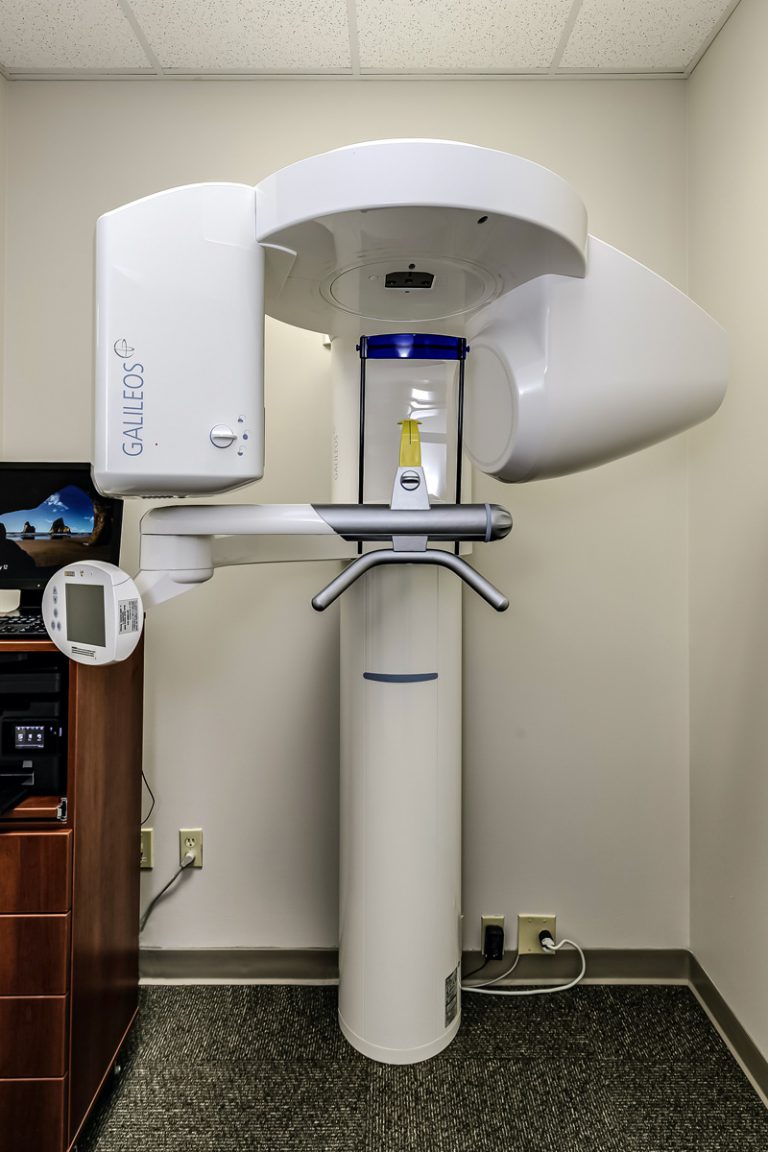To Order Seroquel Online Visit Our Pharmacy ↓

Benefits of Seroquel for Insomnia Relief
Due to its multifaceted mechanism of action, Seroquel is thought to help stabilize sleep patterns and is sometimes used in cases where traditional hypnotics have failed. Physicians must carefully weigh the benefits and drawbacks of Seroquel Sig for seniors, ensuring personalized care and exploring alternative treatments when necessary. A healthcare provider can monitor your progress, address any concerns or complications, and ensure you receive the necessary care tailored to your specific needs. In direct comparison, prescription sleep aids like zolpidem, eszopiclone, and others specifically approved for insomnia often provide a more targeted approach to sleep induction than Seroquel. This multifaceted mechanism of action distinguishes Seroquel from traditional anxiolytic medications, making it a versatile option for managing anxiety disorders. By binding to these receptors, it regulates the neurotransmitter activity, helping balance mood and behavior. As the medication can disrupt the body's natural hormonal balance, patients may experience a significant increase in appetite and a propensity for weight gain.
Potential Risks of Drug Interactions
Seroquel, an antipsychotic medication, has been increasingly used off-label to treat insomnia due to its sedative properties. It is crucial to be aware of these potential risks to avoid adverse effects on your health. Common side effects include drowsiness, dizziness, and weight gain. Conversely, other users have shared more troubling accounts, where the benefit of improved sleep was overshadowed by significant side effects. Additionally, muscle aches and pains are common among individuals tapering off Seroquel. As the population continues to age, the use of Seroquel, an antipsychotic medication, has become a growing concern. Since Seroquel affects the brain's neurotransmitters, sudden discontinuation can disrupt the delicate balance and result in these emotional disturbances.
Addressing Cognitive Impairments and Mental Fogginess
Seeking professional help during Seroquel withdrawal is crucial for a safe and successful recovery journey. Remember to reach out for support from trusted loved ones or mental health professionals to navigate this journey Seroquel Information Source 1. It modulates neurotransmitter systems, mainly by interacting with dopamine and serotonin receptors, which can lead to long-term changes in mood and cognitive processes. Starting with a lower dosage and gradually increasing it allows healthcare professionals to gauge therapeutic effects while minimizing the risk of side effects. One of the common side effects experienced by individuals taking Seroquel is disrupted sleep patterns and excessive daytime drowsiness. It's important to openly discuss these side effects with your healthcare provider, as they can suggest adjustments to your dosage or co-prescribe medications to help mitigate the impact. Seroquel, known generically as quetiapine, is a potent antipsychotic that’s frequently prescribed to manage conditions like schizophrenia, bipolar disorder, and major depressive disorder.
Strategies to Safely Manage Withdrawal Symptoms
Its functionality extends beyond traditional uses, positioning it as a potentially valuable ally for those grappling with anxiety. By modulating these chemical messengers, Seroquel can induce drowsiness and facilitate the onset of sleep. Seroquel, a widely prescribed antipsychotic medication, poses a unique set of challenges when it comes to the aging population. While the drug can be effective in managing certain mental health conditions, it also carries the potential for unwanted side effects that can be particularly concerning for seniors. Specifically, Seroquel interacts with dopamine and serotonin receptors to help alleviate symptoms of mood disorders such as bipolar disorder and depression. Proper dosage and administration guidelines should be followed meticulously to optimize the medication's therapeutic effects and minimize the risk of adverse reactions. Seroquel's ability to modulate sleep patterns primarily stems from its interaction with several neurotransmitter receptors, notably serotonin and dopamine.
Conclusion and Final Thoughts
Meanwhile, Sarah, a long-term user, praised its calming effects but cautioned about dependency concerns and potential withdrawal symptoms. Patients with severe or treatment-resistant insomnia often find Seroquel to be a potent sleep aid, offering relief where traditional hypnotics fail. Many individuals find relief from persistent anxiety symptoms through the appropriate use of Seroquel under medical supervision. They can offer valuable insights into possible drug interactions, side effects, and dosage adjustments specific to your needs. When comparing Seroquel with traditional anxiety medications, it's essential to dive into the unique way each treatment interacts within the brain. Some report a seemingly miraculous improvement in sleep quality, with the ability to fall asleep faster and stay asleep longer. Abruptly stopping Seroquel can lead to severe withdrawal effects, so it is essential to follow a tapering schedule personalized to your needs.
The Bright Side: Seroquel's Efficacy in Alleviating Anxiety
Self-care practices are crucial for a smooth recovery from Seroquel withdrawal. Personalized care, including regular Meds Check and close monitoring, is essential to ensure the safe and effective use of Seroquel in the elderly. Additionally, sticking to a consistent medication schedule and avoiding sudden changes in dosages can help maintain the effectiveness of Seroquel while reducing the likelihood of interactions. Its efficacy in managing anxiety symptoms has been demonstrated through various studies and clinical trials. Prioritize adequate rest, hydration, and nutrition to support your body as it adjusts. Remember, reaching out for professional help can make a significant difference in easing the challenges of Seroquel withdrawal and promoting a smoother transition towards improved well-being. Adjusting the medication dose or switching to a different antipsychotic may help alleviate these symptoms.
Seroquel's Mechanism: How It Induces Sleep
Education on these potential effects empowers patients to make informed decisions, ensuring they can weigh the benefits against the risks efficiently. However, these too come with potential side effects and risks, including dependency and next-day drowsiness. Though it can aid in sleep due to its sedative effects, its use comes with potential risks that must be carefully considered. These symptoms may manifest as increased anxiety, depression, irritability, or mood swings. It is crucial to follow the prescribing physician's **Sig** for dosing instructions and any adjustments. Additionally, incorporating physical therapy and relaxation techniques can be beneficial. Additionally, melatonin supplements can be a natural alternative, helping to regulate the sleep-wake cycle without the side effects associated with prescription medications.
Seroquel: an Overview of Its Mechanism
Patients should work closely with their healthcare providers to monitor for EPS, such as tremors, muscle rigidity, or involuntary movements. Some common drugs that may interact with Seroquel include certain antidepressants, antifungal medications, and drugs used to treat seizures. Seroquel, also known as a compound medication, primarily targets dopamine and serotonin receptors in the brain. Implement stress-reducing activities like meditation or deep breathing to calm your mind during this challenging time. Additionally, Seroquel does have a mild to moderate alpha-blocking activity and anticholinergic effects, which may contribute to its sedative qualities. Consulting your healthcare provider before taking any new medications can help prevent these potential risks. This medication works by targeting specific neurotransmitters in the brain, helping to alleviate feelings of worry and unease.
Addressing the Potential Side Effects of Seroquel in Older Adults
Older adults may be more susceptible to the "hangover" effects of this medication, experiencing drowsiness, dizziness, and unsteadiness. Balancing Seroquel's Benefits and Drawbacks for the Aging Population requires a nuanced approach, taking into account the individual's medical history, overall health, and the careful consideration of alternative treatment options. These interactions can lead to increased side effects or reduced effectiveness of either medication. With informed decisions and proper management, the journey toward mental well-being can be navigated more smoothly. Fortunately, healthcare providers can work closely with patients to address these issues, exploring strategies such as adjusting dosages, incorporating cognitive-enhancing therapies, or incorporating lifestyle changes to mitigate the impact of Seroquel-induced cognitive difficulties. Seroquel, an atypical antipsychotic, has shown promise in treating insomnia due to its sedative properties, which work by altering neurotransmitter activities in the brain. By being proactive in addressing these side effects, patients can work closely with their healthcare providers to find the right balance between the medication's therapeutic benefits and its potential drawbacks.
Seroquel and the Aging Population: Understanding the Risks
Insomnia often leads to unusual or erratic sleep cycles, and Seroquel’s influence ensures more stable and consistent slumber by prolonging the duration of deep sleep stages. Additionally, Seroquel has a moderate affinity for histamine and adrenergic receptors, contributing to its sedative properties. It's important to note that the use of Seroquel for insomnia is not FDA-approved, and there is a lack of large-scale, long-term studies specifically assessing its safety and efficacy for this purpose. For those who struggle with both mood disorders and sleep disturbances, Seroquel may present a dual-benefit, helping to stabilize mood swings while also promoting sleep. With the Comp of medication and potential for Stat side effects, healthcare providers must carefully weigh the benefits and drawbacks of Seroquel for each senior patient. Jane Doe, a renowned sleep specialist, emphasizes that while Seroquel can be effective, it should not be a first-line treatment for insomnia due to potential side effects. Seroquel, also known as quetiapine, acts primarily as an antagonist of various neurotransmitter receptors in the brain.










































